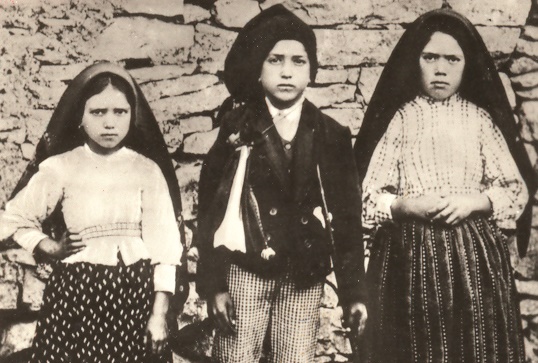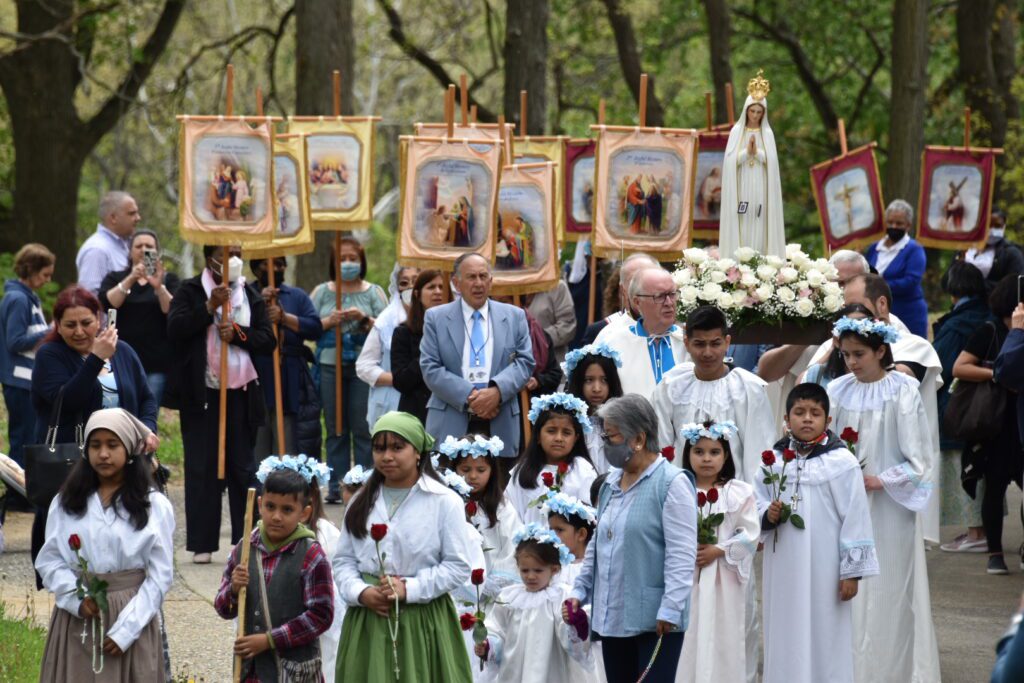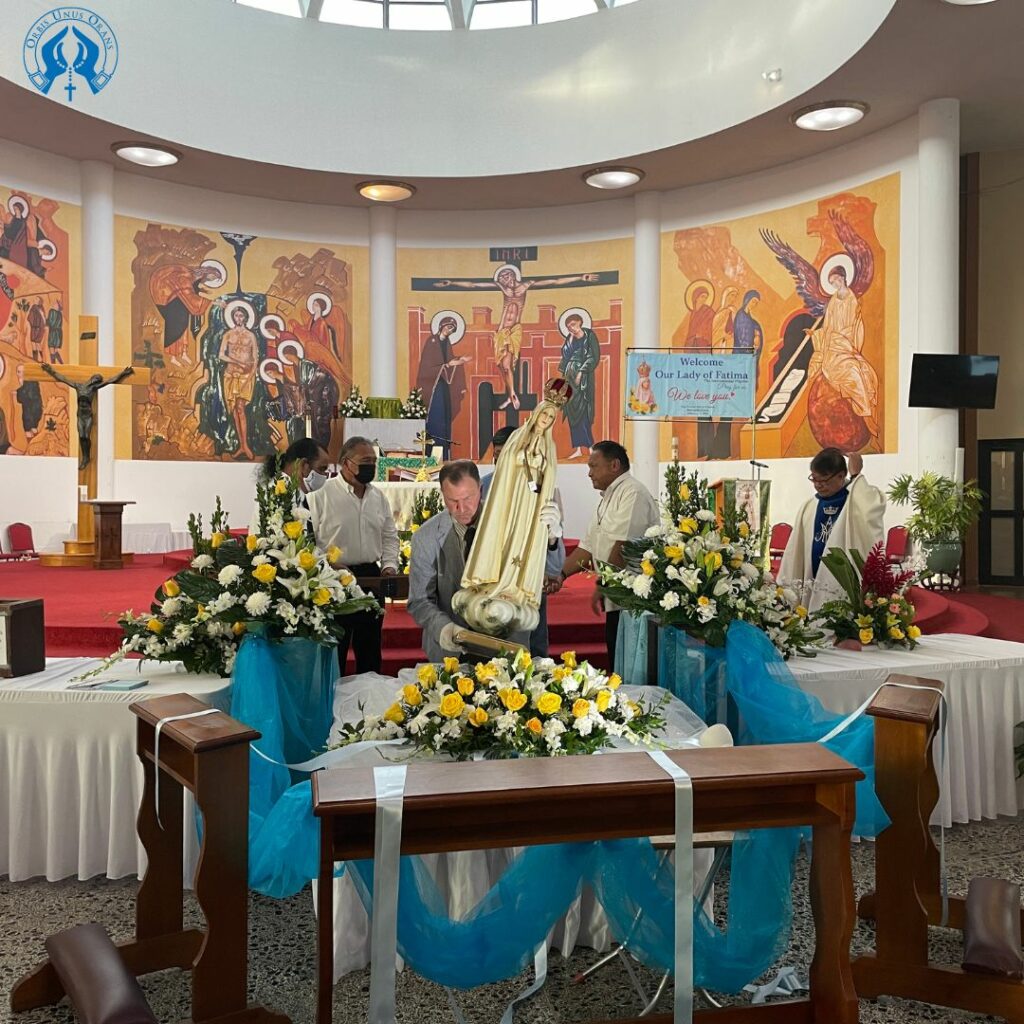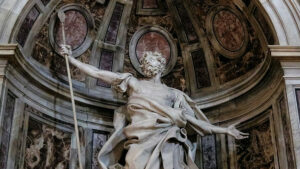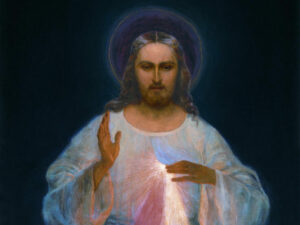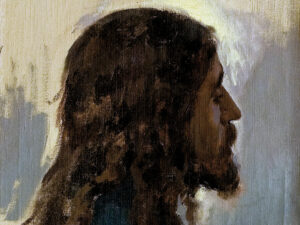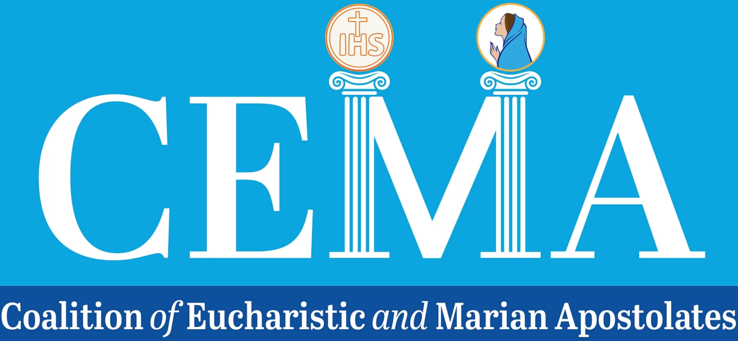by David M. Carollo –
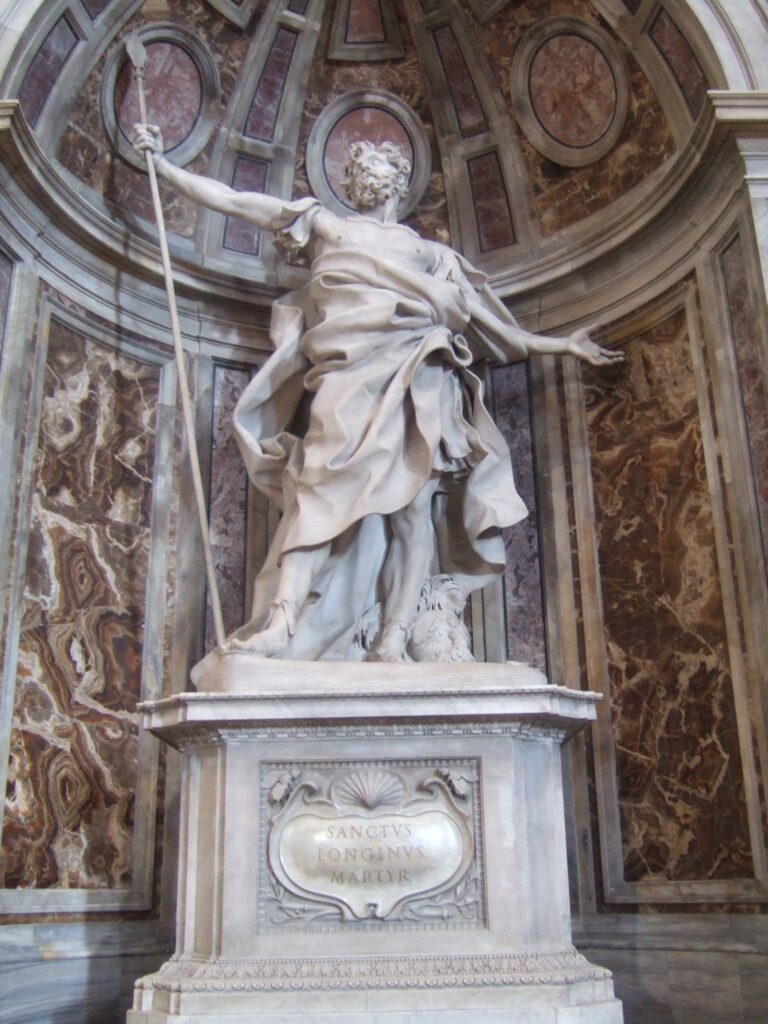
When we read or watch accounts of the life of Christ, we think of the stories of those who encountered Him personally. We know snippets of their interactions with Jesus, but what do we know of their lives afterwards?
The Roman Centurion who approached Him and in an act of faith asked for his servant to be healed, is one of the most notable individuals. When Jesus offers to go to his house to heal the ailing man, the centurion responded that he was not worthy for the Lord to enter under his roof. Jesus commented that He had not seen such faith amongst the chosen people.
When the priest holds up the Sacred Host at Mass before Holy Communion, we repeat this act of humility before we approach the altar to receive the Eucharist: “Lord I am not worthy that You should enter under my roof. Only say the word and my soul shall be healed.” What became of this man after this act, however? Accounts of his life tell us he was a just man of duty. It is certain that he possessed a pure heart and a desire for truth.
I think of the lepers who were cured and the blind who received sight through the miracles performed, as well as those who witnessed these amazing things. How did they proceed in life after these transformational encounters? It is my belief that they were so graced with witnessing these favors because God knew the sincerity in their hearts. Most lived undocumented lives after their encounters with Our Lord. It is how most followers of Christ continue their journeys through life, not with great notoriety, but with steadfast purpose.
We know of the conversion of St. Longinus, also a Roman soldier, who at the Cross thrust the lance into the side of Jesus and was converted when the Precious Blood fell on him. We know of his martyrdom at the hands of his former soldiers. He converted as a response to the grace given and brought that conversion to its ultimate fruition. What a tremendous testimony he gave.
Conversely, we recall Pontius Pilate. His act of ordering the crucifixion is recalled each time we pray the Creed: “He suffered under Pontius Pilate, was crucified, died and was buried.” How did his life continue after that time? Did the warnings of his wife affect him? How did he process the post Crucifixion events and his part in this? He stood in the presence of Christ and asked Him “what is truth” while looking at Truth Incarnate. Did this bring him to further contemplation afterwards and possibly to conversion? Christ died for him as well.
How many of us, after receiving special graces, have continued to live up to this gift? The words of Christ when referring to the one who betrayed Him ring powerful: “Better for that man if he were never born.” These words directly from the mouth of God remove any doubt in the mind of a believer that even one who shared in the salvific ministry can fall from grace. Judas participated in the work of Christ and was destined for glory but abandoned his call and fell victim to despair.
We all encounter God at different times in life. How do we respond? More importantly how do we carry on after the encounters of grace? We separate from our Protestant brethren in the belief that once saved always saved. If this were the case, our first parents would never have suffered the scourge of Original Sin and been expelled from paradise.
As people of the Faith, we have all encountered Jesus. By receiving the sacraments, especially the Eucharist, we receive Him intimately and are transformed. But do we allow that transformation to be permanent? Free will is the most respected attribute that God has given us. He wants us all to be with Him in paradise, but only if we truly desire this and earn it by persevering in our journey. When we confess our sins, receive absolution and perform the penance given by the priest, we are in a state of grace. However, despite our profession to amend our lives, we often fall back to sinfulness. It is for this reason that we pray for final perseverance. Our journey to eternity is an ongoing struggle of good against evil. We walk this journey every day. Perseverance is the sign of a committed Christian. Slow and steady wins the race.
We must adopt a desire to be worthy of being saved. Just aiming to get over the finish line and get into the door of heaven for our own benefit may not be enough. Unless we commit to aiding others in this journey, we are not fully possessing the mindset of God.
At Fatima, Our Lady called us to a path of selfless love, such as Christ taught. This starts with humility and an understanding that we are not worthy to receive His favors, but we have been offered the greatest of gifts. Like the centurion, we accept our unworthiness and continue along the road to eternity, hopefully bringing many with us. The Fatima message calls us to this charge.
As a member of this apostolate of prayer and sacrifice, we ask you to pray for Madonna, who has offended Our Lady in a photo spread in Vogue magazine. May she have an encounter with Christ, through His beloved Mother, and come to the truth of the Catholic faith. This is an example of why we must continue to do the First Saturday devotions and make reparation for those who blaspheme against the Mother of God, including in her sacred images.
Lord I am not worthy that you should enter under my roof. Only say the word and my soul shall be healed.
God bless you and Mary keep you in her Immaculate Heart.
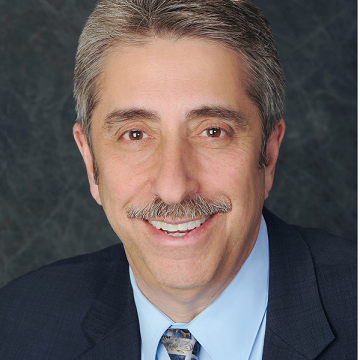

David Carollo is the Executive Director of the World Apostolate of Fatima USA/National Blue Army Shrine. He wrote this for his Voice of Fatima column.


